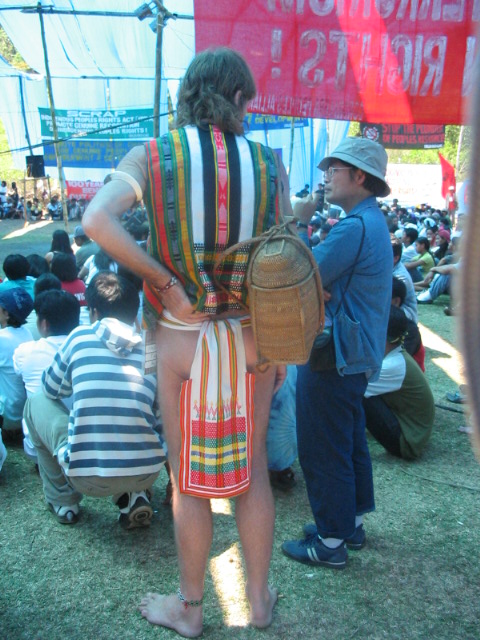This blog piece grew from my comment on a humorous post of an FB friend about the bilingualism that comes so naturally to young children growing up in bilingual environments. The humor arose from a meme triggered by a viral news piece, about Princess Charlotte of Wales speaking two languages at age two—to which someone retorted that this was usual among immigrant children but didn’t hug the headlines because they were poor (unlike children of famous royalty).
Continue reading “Do bilingual Filipinos enjoy an advantage?”A linguistic philosophy for intellectualized Tagalog
After many years of writing alternately in Tagalog and English, I noticed that I am now more at ease in English, although I can still write fluently in Tagalog. On self-reflection, I realized the reason for my strong English bias is that I want to reach an intellectualized audience even if they too are Filipinos like me. The unspoken premise is that Tagalog is much less intellectualized than English, and so it has become more precise, concise, and easier for me to write intellectually in English rather than in Tagalog. Continue reading “A linguistic philosophy for intellectualized Tagalog”
So I speak weird English. So what?
Some years back I attended a lecture on world English. The lecturer gave a very interesting presentation, with many insights that woke up a monster inside me from its long slumber. The presentation was about a study by Evelyn Nien-ming Ch’ien, when she was Assistant Professor of English at the University of Hartford.
The lecturer (whose name I still need to retrieve from my archives) quoted extensively from Ms. Ch’ien’s monumental 352-page work, which celebrated world English by tagging it as weird English. Explained simply, weird English is non-native English, which typically drops many of the arcane and complex rules of English grammar so that its non-native speakers can comfortably express their own cultures. Continue reading “So I speak weird English. So what?”


